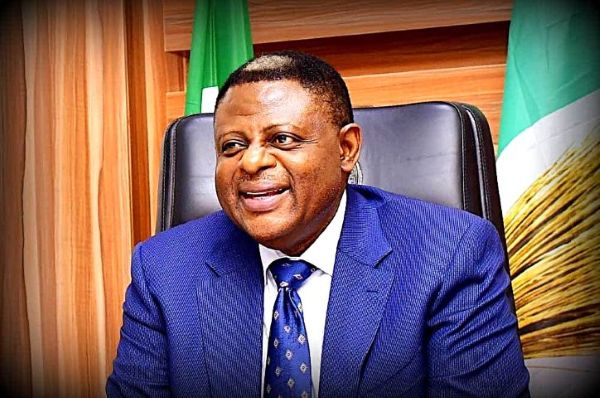Power Recharged: Gov. Otu Ends 11-Year Blackout in Akpabuyo and Bakassi, Reignites Local Economy and Security

In what energy sector watchers are hailing as a significant milestone for subnational electricity reform in Nigeria, Governor Bassey Otu of Cross River State has restored public power supply to Akpabuyo and Bakassi Local Government Areas after over a decade of total disconnection from the national grid.
For 11 long years, these coastal communities lived in darkness — stifling local businesses, crippling security operations, and dimming the economic prospects of thousands. But that narrative changed when Governor Otu, shortly after assuming office, brokered a critical agreement with the Port Harcourt Electricity Distribution Company (PHEDC) to reintegrate the two LGAs into the national grid.
From Political Promise to Economic Turnaround
According to Darlington Edem, Coordinator of the Think Cross River Initiative, the deal was not just about flipping a switch. It involved commitment to the regular payment of electricity bills by the state government, and the replacement of stolen or vandalised infrastructure — including transformers and power lines — which had remained in disrepair for over a decade.
“This was not just a campaign promise; it was a strategic move to unlock the economic potential of our coastal corridors,” Edem said during a media inspection of state-backed projects.
A New Current for the Blue Economy
The restoration is already sparking ripple effects. In Ikang community, the heart of Bakassi, local leaders say a renewed sense of security now courses through the towns, with formerly deserted roads active again after sunset.
“Before now, by 5 p.m., everywhere was dead. Now, there’s life,” said Chief Antigha Cobham I, Village Head of Ikang. “But beyond lights, we want to see Governor Otu push forward the long-awaited Bakassi Deep Seaport project. That would be the game-changer for the region’s economic destiny.”
Powering Prosperity — One Business at a Time
For local entrepreneurs, the return of electricity means more than comfort — it’s a revival of enterprise. Hotelier Anthony Edem painted a vivid picture of past struggles: an average of ₦300,000 weekly spent on diesel just to stay open.
“This was unsustainable. Now, with power restored, we’re not just cutting costs — we’re getting back into growth mode,” he said.
BRANDECONOMY Insight:
Governor Otu’s intervention is a reminder of the latent power of subnational leadership in driving energy equity and unlocking local economic ecosystems. In a country where erratic supply remains a nationwide dilemma, the Cross River example signals what is possible when political will meets utility reform.
As conversations around decentralised energy and embedded generation continue, state-level efforts like this will be increasingly vital to Nigeria’s overall electricity recovery — especially for historically underserved regions like Bakassi, whose geopolitical identity and infrastructural neglect have long kept it in the shadows.
For the residents of Akpabuyo and Bakassi, the message is clear: the lights are back on — and with them, the promise of a brighter, more secure and economically viable future.












